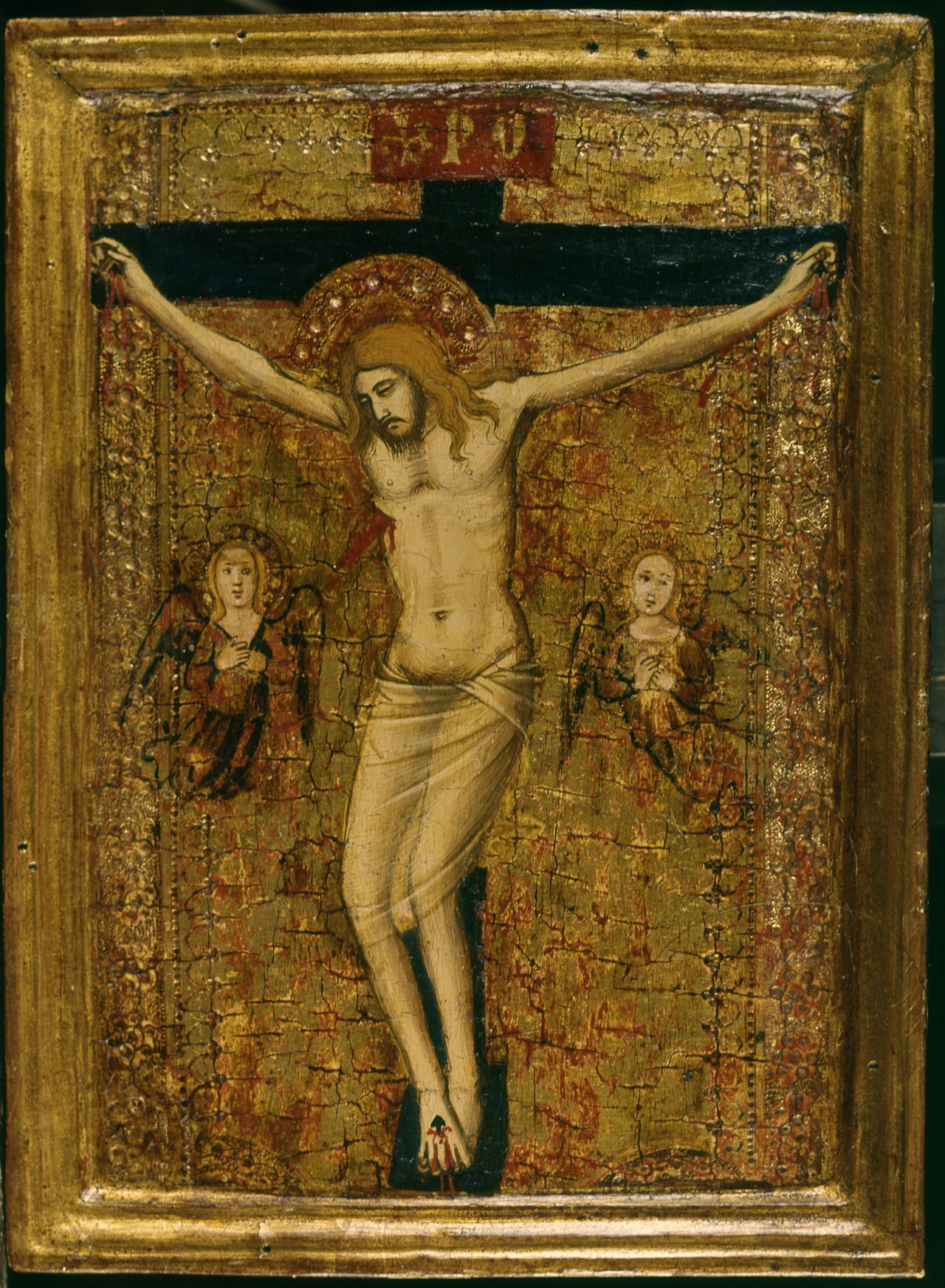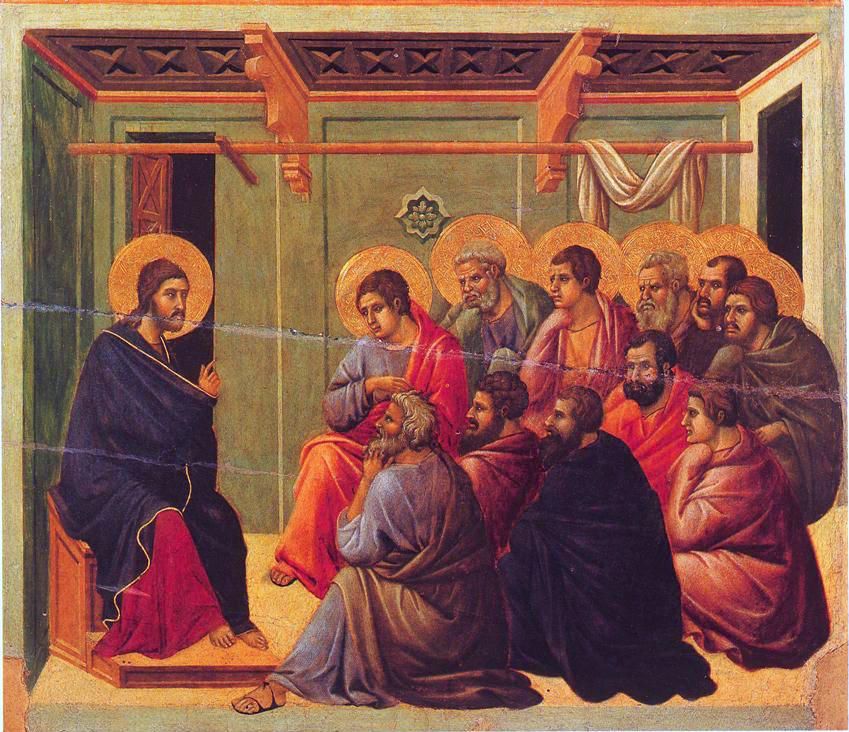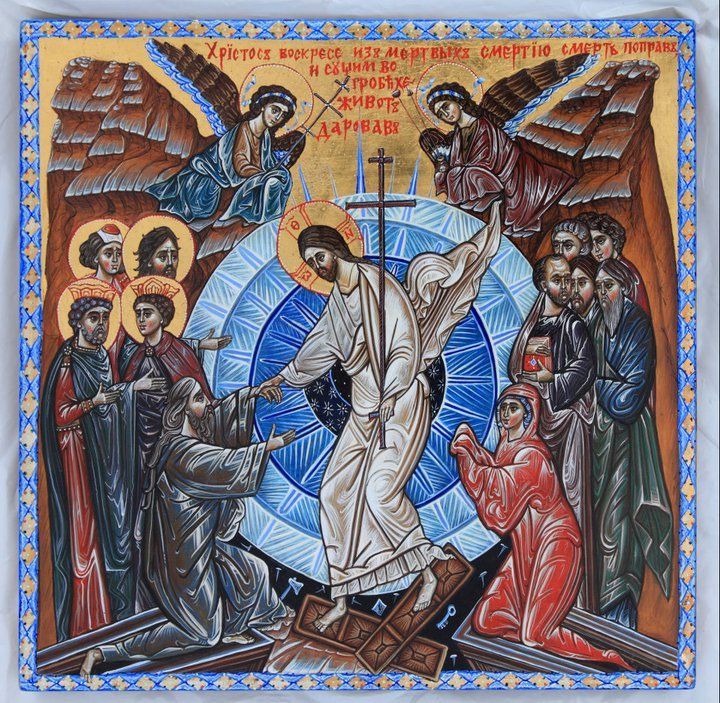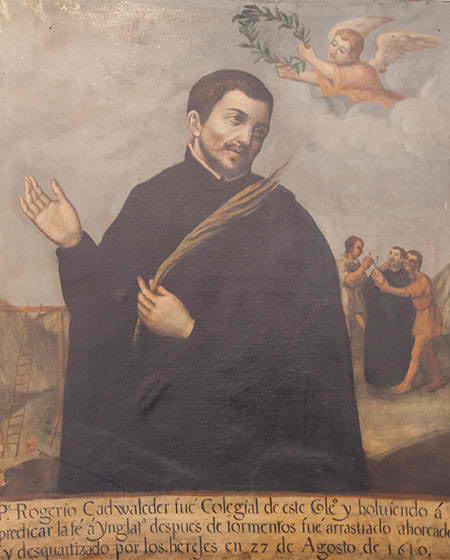







In 1916, with the publication of the Apostolic Letter “Cambria Celtica”, Pope Benedict XV created the Ecclesiastical Province of Cardiff, transferring the Episcopal Seat of Newport to the City of Cardiff, capital of Wales, and making the Diocese of Menevia suffragan to the Archiepiscopal See of Cardiff. The beautiful church of St David was to be the new cathedral of the Archdiocese, while the Episcopal Cathedral at Belmont was to remain co-cathedral with a Monastic Chapter and a Cathedral Prior. Unique in the Church, the Archbishop of Cardiff would have two chapters, one Secular and the other Regular and two Cathedral Churches. This extraordinary arrangement, fraught with difficulties and misunderstandings, was only to last four years, for in 1920, with the Papal Bull “Praeclara Gesta”, Belmont was raised to the status of an autonomous Abbey within the English Benedictine Congregation, thus ending its 60 or so years of service as a cathedral. The first Archbishop was to be James Romanus Bilsborrow, Bishop of Port Louis, Mauritius, and a monk of Douai, who would only stay four years at the helm of the new Archdiocese, ill health forcing him to resign.
You might well ask how a flourishing archdiocese came to be created in a part of the British Isles so devoid of Catholics only 75 years earlier, when Bishop Joseph Thomas Brown, a monk of Downside, was appointed Vicar Apostolic of the Welsh District in 1840. This was the work of but two men, Brown himself, who is buried under the window of the Welsh saints in the North Transept of Belmont, and Bishop John Cuthbert Hedley, a monk of Ampleforth, whose monument is next to Brown’s, but whose bones lie buried at Cathays Cemetery, Cardiff. The amazing story of the Catholic Church in Wales in modern times surely belongs to these two great men, monks and bishops truly worthy of our praise and thanksgiving. Between them they built up the Church in this land and provided for the needs of a growing Catholic population, most of whom were poverty-stricken immigrants from Ireland, Italy and other parts of the United Kingdom. Bishops Brown and Bishop Hedley in earlier times would most certainly have been canonised as the Apostles of Wales.
In 1850 the Diocese of Newport and Menevia was set up as a suffragan see of Westminster diocese, with Bishop Thomas Joseph Brown in charge. Bishop Hedley then served as Bishop from 1880 to 1895. In 1895 boundaries were once again changed to reflect the make up of the Catholic Church in these parts. The Diocese of Newport was redefined comprising the counties of Glamorgan, Monmouth and Hereford. Bishop Hedley was reappointed in 1895 and continued until 1916.







